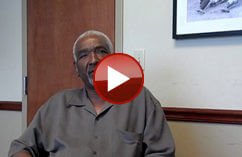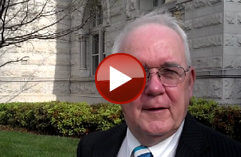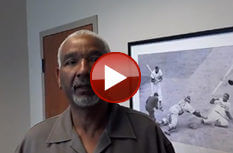Chattanooga Aviation Accident Lawyers
Air travel is one of the safest modes of transportation. Although aviation accidents in Tennessee are far less frequent than vehicle accidents, they usually involve more people, cause more injuries and fatalities, involve larger and more expensive equipment and spur unparalleled insurance disputes. Aviation accidents can not only be disastrous for the occupants of the airplane or helicopter but for those unfortunate enough to be at the site of an accident. A commercial airliner could decimate multiple city blocks if it crashes in a residential area.
Causes of Aviation Accidents
Generally, aviation accident causes fall under the following categories:
- Human Error
- Meteorological Conditions
- Mechanical Malfunctions
Various factors within each of these categories may contribute to an aviation accident: A mechanical malfunction caused by defective equipment or parts may cause an airplane to lose engine power on take-off; faulty navigation could cause a plane to crash into a mountain; a fuel leak could cause a fire on take-off or emergency/crash landing due to insufficient fuel; a fatigued or otherwise negligent pilot may attempt to make an unsafe landing or even collide with another plane in midair; or extreme weather, such as gusty winds, torrential rains, or heavy snow, may alter a plane’s course on take-off or landing. Any of these scenarios would result in property damage, if not total destruction, passenger and employee injuries, and potential fatalities.
Regulating Airplanes, Helicopters, and Airports
Strict federal and international regulations are in place to increase safety and help prevent aviation accidents from happening. The Federal Aviation Administration’s (FAA) Federal Aviation Regulations (FAR) establishes rules for air carriers and operators, pilots, flight and ground instructors, and commercial space transportation. These include certification requirements, hazardous materials and dangerous goods regulations, general operating and flight rules, operating requirements for domestic, flag and supplemental operations, and commuter and on-demand operations and rules governing persons on board such aircraft. International regulations and standards were established through the International Civil Aviation Organization (ICAO).
Investigating Aviation Accidents
After a civil aviation accident in the United States, the National Transportation Safety Board (NTSB) usually conducts an investigation into the cause or causes of the incident. Though a U.S. agency, the NTSB will also investigate overseas accidents, in collaboration with local authorities, if the incident involved a U.S.-registered aircraft, an aircraft built by an American company, or if the incident resulted in a great loss of American lives.
The multitude of federal and international rules and regulations concerning air travel makes resolving an aviation incident very complicated. Depending on the location and circumstances under which the accident occurred, different laws may apply. There are likewise various people or entities that may be implicated in an aviation crash. Parts manufacturers, pilots, maintenance crews, airplane or airline owners, and even passengers may be held accountable for the crash and injuries and/or fatal accident it caused.
How a Tennessee Aviation Accident Attorney can Help
If you have been injured in a Tennessee aviation accident, whether involving a helicopter or a Boeing 747, it is important that you do not sign or agree to anything before speaking with a knowledgeable lawyer. In the complex world of aircraft and air traffic laws and regulations, understanding the system is the first step towards holding at-fault parties accountable. Our experienced Chattanooga aviation accident attorneys at Massey & Associates, PC, can examine the details of your situation and advise you on the best course of legal action. Contact us today at (423) 697-4529. We look forward to answering all your questions.














